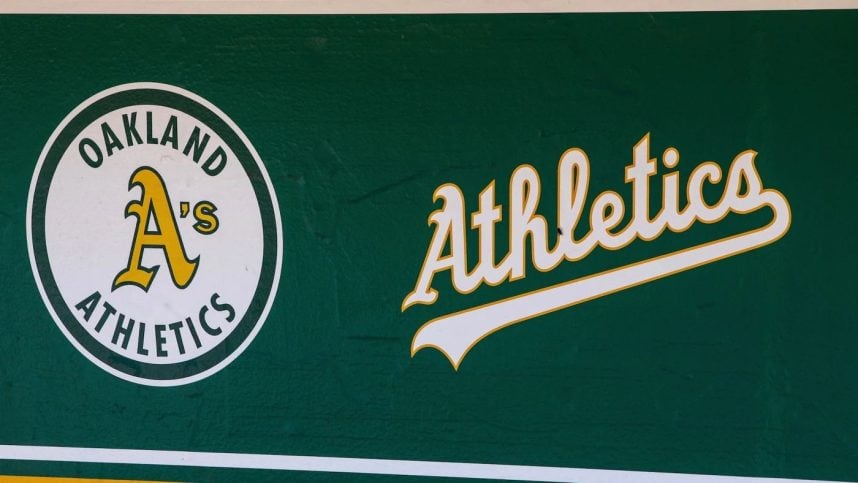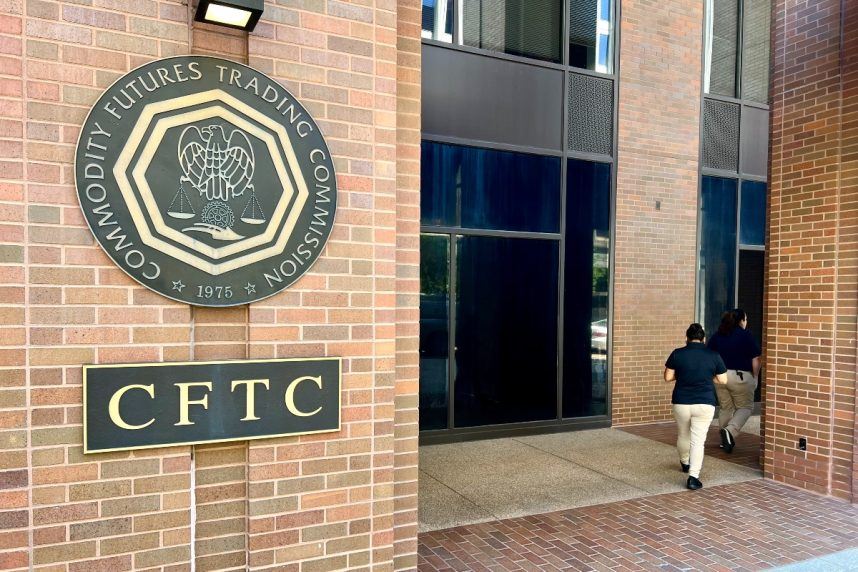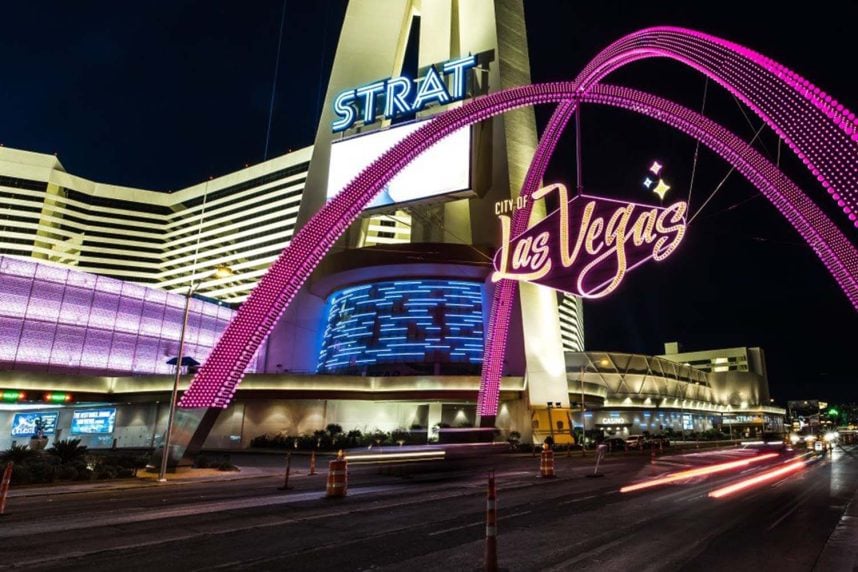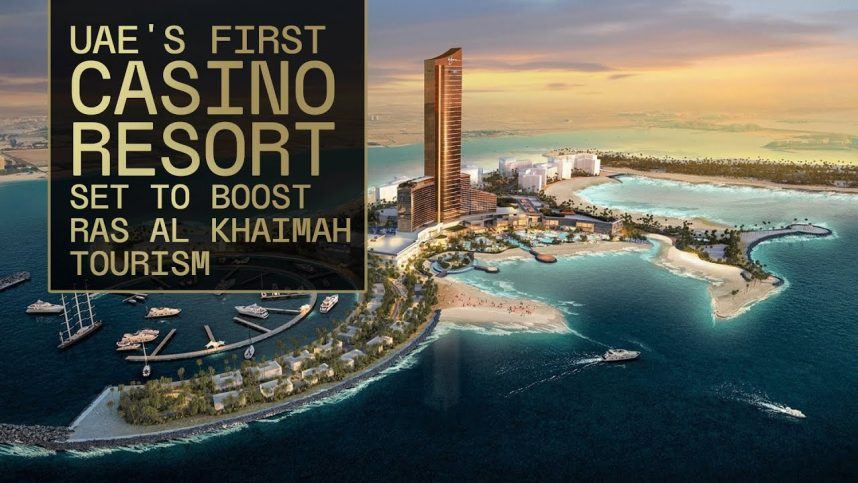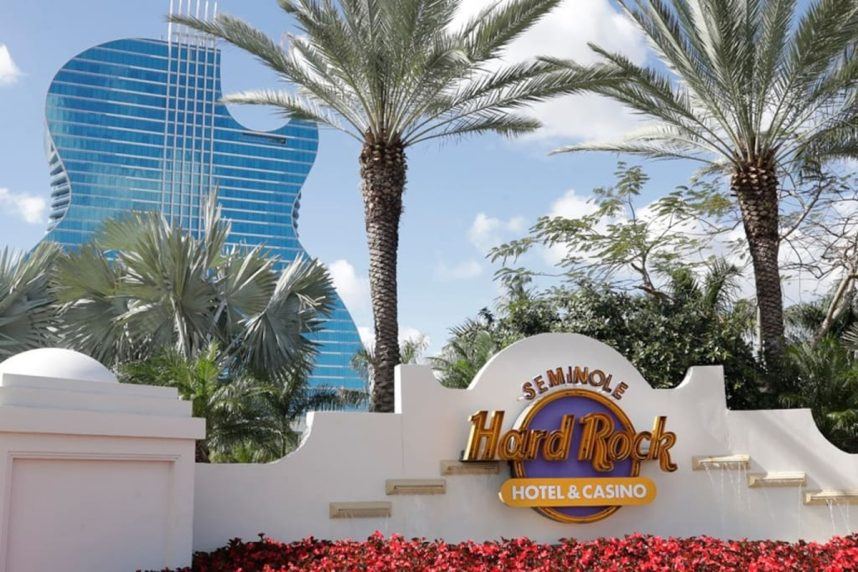Caesars Entertainment (NASDAQ: CZR) announced that it is selling the LINQ Promenade on the Las Vegas Strip for $275 million as part of the gaming company’s ongoing debt reduction efforts.

A joint partnership comprised of TPG Real Estate and Acadia Realty Trust investment management platform is acquiring the collection of retail and boutiques located near the Caesars-operated LINQ Hotel. That casino resort is not part of the transaction, which is slated to close in the current quarter.
The sale of the LINQ Promenade represents an accretive, non-core asset sale that will accelerate our debt reduction goals. I want to thank all the team members and the tenants of the LINQ Promenade for their partnership over the last 10 years and wish them continued success,” said Caesars CEO Tom Reeg in a statement.
LINQ Promenade occupants include O’Sheas Pub Las Vegas, I Love Sugar, Virgil’s Real BBQ, and the Tilted Kilt Pub, among others.
Caesars LINQ Sale Not Surprising
Last month, Casino.org was the first outlet to highlight an analyst report noting Caesars could opt to sell LINQ Promenade as part of its broader capital-raising efforts, indicating today’s news wasn’t surprising, particularly when accounting for the promenade’s status as a non-gaming asset.
The transaction also jibes with comments made earlier this year by Reeg who said the gaming company would explore the sale of “non-core” assets. At that time, the chief executive officer did not elaborate on how such transactions could unfold, but in the months since, Caesars has made good on that talk.
In August, Caesars announced the sale of the intellectual property rights associated with the World Series of Poker (WSOP) to investment firm NSUS Group Inc. for $500 million. That transaction is now finalized with the seller announcing today that it received the initial $250 million payment from the buyer. The remainder is due in five years.
“Caesars retains the right from NSUS to host the flagship WSOP live tournament series at its Las Vegas casinos for the next 20 years and will receive a license from NSUS to continue operating its recently upgraded WSOP Online real-money poker business in Nevada, New Jersey, Michigan, and Pennsylvania for the foreseeable future but will otherwise be restricted from operating online peer-to-peer real-money poker operations for a specified period of time and subject to certain exceptions,” said Caesars in a separate statement.
LINQ Sale Matters to Debt-Cutting Plan
The influx of $250 million from the WSOP sale and another $275 million via the LINQ Promenade deal that should arrive before the end of the year means Caesars is bringing in more than $500 million via those two transactions.
That’s important because while the casino giant has been diligent in its debt reduction efforts, its total outstanding liabilities stood at $12.69 billion at the end of the third quarter, up from $12.43 billion at the end of last year.
That’s likely the result of the operator’s capital spending cycle, which is now at its end. Caesars had $802 million in cash on hand and $124 million in restricted cash at the end of September.
The post Caesars Unloading LINQ Promenade for $275 Million appeared first on Casino.org.
